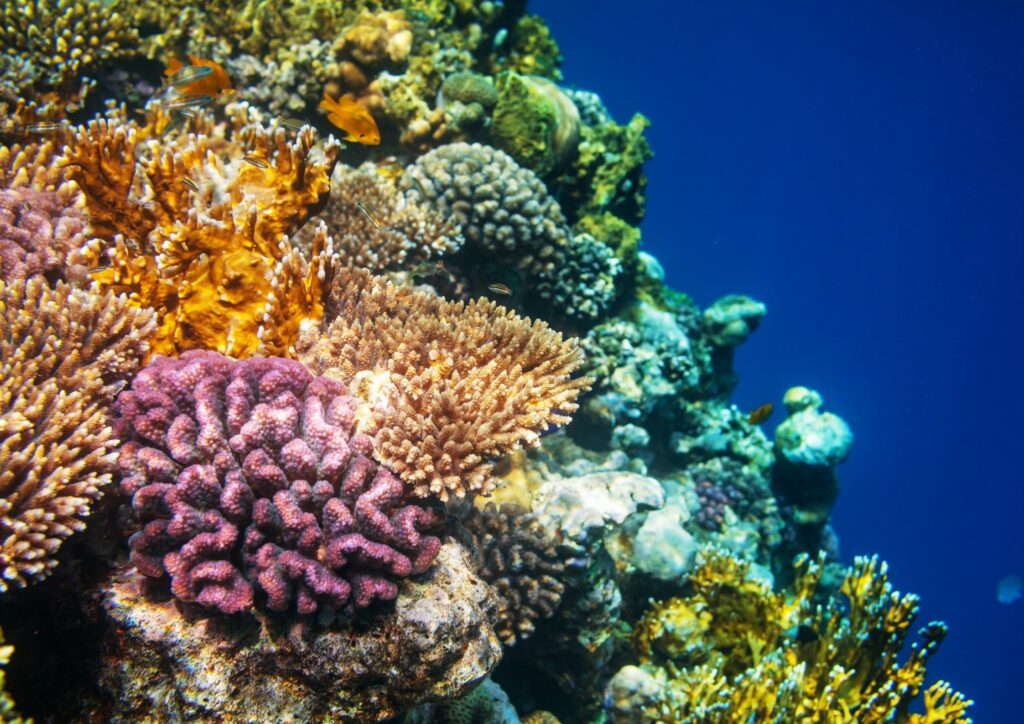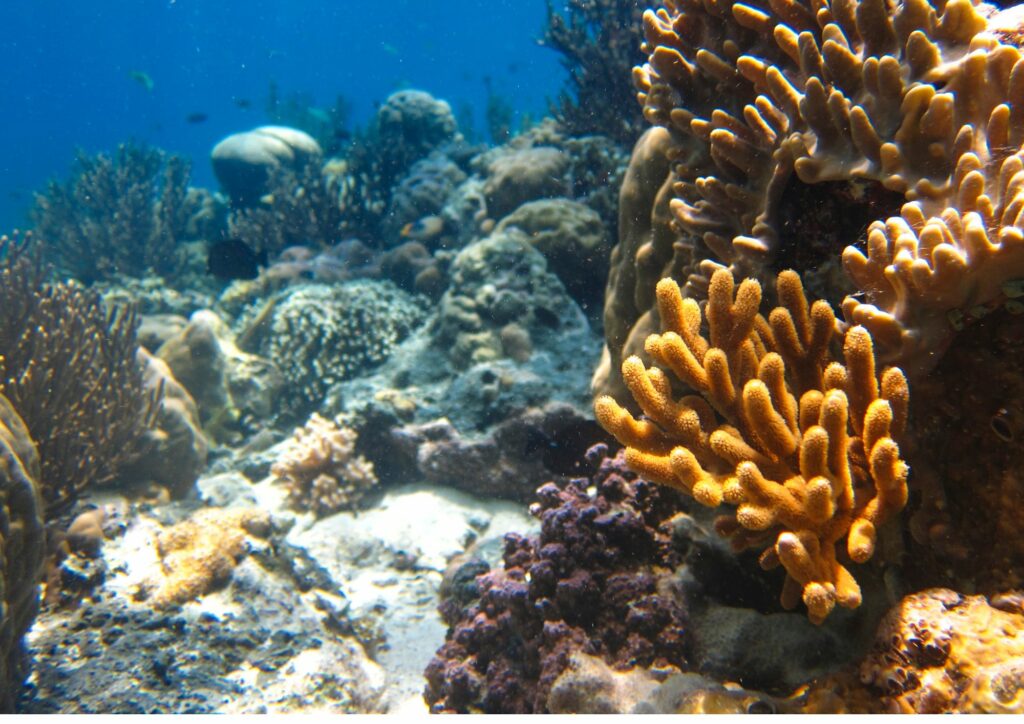As we descend into the crystal-clear waters of Bali, it’s hard not to be awestruck by the vibrant coral reefs that teem with life in coral conservation. But beneath the surface lies a complex issue – coral bleaching, pollution, and over-tourism threaten the very existence of these underwater wonders. At Gill Divers, we’re passionate about exploring the challenges and opportunities for sustainable conservation in Bali’s coral reefs. In this blog post, we’ll dive into the world of coral planting, padang bai, and more to uncover the ways we can work together to protect our oceans.
The State of Bali’s Coral Reefs
Bali’s coral conservation for coral reefs are a vital part of its marine ecosystem, providing habitat for countless species of fish, crustaceans, and mollusks. However, the past few decades have seen a significant decline in reef health due to climate change, pollution, and over-tourism. Coral bleaching events, such as those caused by rising sea temperatures, have become increasingly frequent, leaving many reefs vulnerable to damage and degradation. In Padang Bai, for example, coral cover has declined by as much as 70% in recent years, with devastating impacts on the local marine food chain.
Coral Planting: A Solution or a Band-Aid?
In response to these challenges, many organizations have turned to coral planting as a way to restore and revitalize damaged reefs. The concept is simple – collect coral fragments, plant them in areas of degraded reef, and let nature do the rest. While this approach has shown promise in certain locations, it’s essential to recognize its limitations. Coral conservation for Coral planting can be an effective tool for small-scale restoration, but it may not address the underlying causes of reef decline. Moreover, the process requires careful consideration to ensure that the planted coral is genetically diverse and well-suited to the local environment.
Kubu Reef: A Model for Sustainable Conservation
One shining example of sustainable conservation in Bali is Kubu Reef, a unique marine protected area (MPA) established in 2017. This MPA has implemented innovative measures to reduce pollution and promote coral health, including regular cleaning dives, waste management initiatives, and community engagement programs. The results are impressive – coral cover has increased by up to 30%, and local fish populations have rebounded. Kubu Reef serves as a model for how effective conservation can be achieved through collaboration between government agencies, local communities, and tourism operators.
Tulamben: A Hub for Coral Conservation
Located on the northeastern coast of Bali, Tulamben is often referred to as the ‘Coral Capital’ of Indonesia. This region is home to some of the most spectacular coral reefs in the country, including the famous USS Liberty shipwreck. As a hub for coral conservation, Tulamben offers unique opportunities for research, education, and community engagement. The Tulamben Coral Reef Conservation Program, established by local dive operators and researchers, provides training and certification for divers to participate in coral cleaning and monitoring efforts.

The Way Forward: Collaborative Action
As we navigate the complexities of coral conservation in Bali, it’s essential that we prioritize collaboration and cooperation. This requires a shared understanding of the challenges facing our reefs, as well as a commitment to evidence-based decision-making and community-led initiatives. By working together in Coral Conservation, we can develop effective solutions that balance the needs of local communities with the imperative for sustainable conservation.
Conclusion: A Shared Responsibility
As we conclude our exploration of Bali’s coral conundrum, it’s clear that the path forward is not a single organization or individual, but rather a collective effort. At Bali Diving with Gill Divers, we’re committed to playing our part in this process by promoting sustainable tourism practices and supporting local conservation initiatives. We invite you to join us on this journey by sharing your thoughts, ideas, and experiences in Bali Diving. Together, let’s work towards a future where Bali’s coral reefs continue to thrive for generations to come.

I’m really impressed by the efforts of Gill Divers in promoting sustainable conservation practices. The fact that they’re not just talking about it but taking action is what we need more of.
Thank you so much, Aisha! We’re thrilled to hear that our efforts in promoting sustainable conservation practices have impressed you. At Gill Divers, we believe that taking action is crucial in making a positive impact on the environment. Our goal is not only to educate and raise awareness about coral conservation but also to take part in initiatives that support local communities and promote responsible tourism practices. We appreciate your support and look forward to working together towards a sustainable future for Bali’s coral reefs. If you have any questions or would like to learn more about our initiatives, please don’t hesitate to contact us at +65 6734 9373 or [email protected].
I’ve always been fascinated by the coral reefs in Bali and this post has given me a new perspective on the challenges they’re facing. It’s great to see organizations like Gill Divers working together with local communities to make a difference.
Thank you, Ramesh Kumar, for sharing your thoughts on our blog post! We’re thrilled to hear that it has given you a new perspective on the challenges facing Bali’s coral reefs. At Gill Divers, we believe that collaboration and community-led initiatives are crucial in addressing these issues. Our team is passionate about exploring sustainable conservation practices, and we’re excited to share our findings with like-minded individuals such as yourself. If you have any further questions or would like to learn more about our efforts, please don’t hesitate to reach out to us at Tel: +65 6734 9373 or Email: [email protected]. We look forward to hearing from you and working together towards a future where Bali’s coral reefs continue to thrive.
I completely agree that we need to prioritize collaboration and cooperation in coral conservation. The way forward is indeed not just about individual organizations but working together towards a common goal.
Thank you for sharing your thoughts, Noraida! We couldn’t agree more – collaboration and cooperation are key to achieving successful coral conservation efforts. At Gill Divers, we’re committed to supporting local initiatives and promoting sustainable tourism practices that benefit both the community and the reefs. If you have any questions or would like to learn more about our conservation efforts, please don’t hesitate to reach out to us at +65 6734 9373 or [email protected].